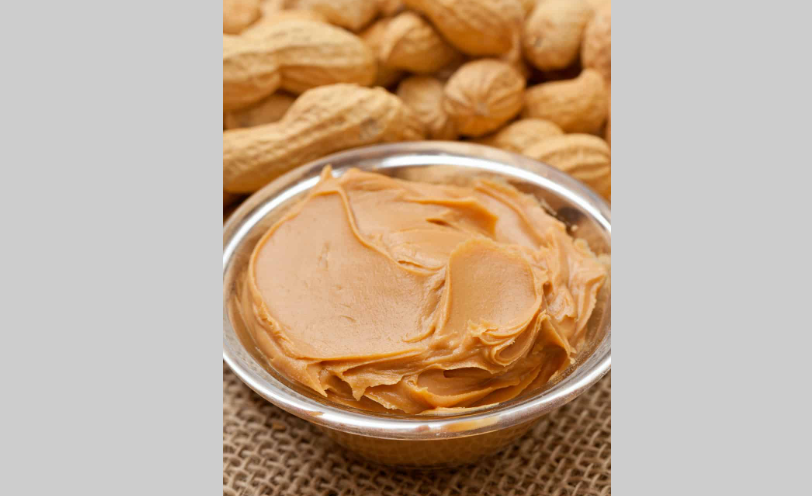How Long Does Peanut Butter Take to Digest: A Closer Look
Peanut butter is a beloved spread enjoyed by many around the world. Whether you enjoy it on a sandwich, with fruits, or in baked goods, you may have wondered how long it takes for your body to digest peanut butter. In this article, we will explore the digestion process and delve into the factors that influence how long peanut butter takes to digest. So, if you're curious about the journey of peanut butter through your digestive system, read on to find out more.

How long does peanut butter take to digest?
1. Understanding the Digestion Process
Digestion is a complex process that begins in the mouth and continues through the esophagus, stomach, small intestine, and large intestine.
It involves the breakdown of food into smaller components that can be absorbed and utilized by the body.
Various factors, including the composition of the food, individual metabolism, and overall digestive health, can influence the digestion time.
2. Composition of Peanut Butter
Peanut butter is a dense and nutrient-rich food made from ground peanuts. It contains a combination of fats, protein, and carbohydrates. The fats in peanut butter, including both monounsaturated and polyunsaturated fats, take longer to digest compared to proteins and carbohydrates.
3. Digestion Time of Fats
Fats, including the ones found in peanut butter, typically take longer to digest compared to other macronutrients. Once in the stomach, fats undergo a process called emulsification, where they are broken down into smaller droplets by digestive enzymes. These smaller droplets are then further broken down in the small intestine with the help of bile salts and pancreatic enzymes. The digestion and absorption of fats can take several hours.
4. Influence of Protein and Carbohydrates
While fats in peanut butter contribute to its digestion time, the presence of protein and carbohydrates also plays a role. Proteins and carbohydrates are generally easier to digest and are broken down at a faster rate compared to fats. The body releases specific enzymes, such as amylase and proteases, to break down these macronutrients into smaller molecules that can be absorbed and utilized.
5. Individual Factors
It's important to note that digestion time can vary from person to person. Individual factors, such as metabolism, overall digestive health, and the presence of any underlying digestive disorders, can impact how long it takes for peanut butter to be digested. Some individuals may experience faster digestion times, while others may have a slower digestive process.
6. Dietary Fiber Content
The fiber content in peanut butter can also influence digestion time. Dietary fiber adds bulk to the stool and promotes regular bowel movements. While peanut butter contains minimal fiber, incorporating it into a meal or snack with fiber-rich foods, such as whole grains or fruits, can help regulate digestion and promote overall gastrointestinal health.

Peanut butter
In summary, peanut butter, with its combination of fats, protein, and carbohydrates, takes longer to digest compared to foods primarily composed of carbohydrates or proteins. The fats in peanut butter contribute to a slower digestion process. However, individual factors and the overall composition of a meal can also influence digestion time. It's important to listen to your body and be aware of any digestive sensitivities or reactions to peanut butter. As with any food, moderation and balance are key to maintaining a healthy and well-functioning digestive system.
Remember, digestion is a complex and individualized process, and the time it takes for peanut butter to be fully digested can vary. If you have any concerns or specific dietary needs, it's always advisable to consult a healthcare professional or registered dietitian for personalized advice. Enjoy your peanut butter in moderation and savor its rich flavor and nutritional benefits as part of a balanced diet.